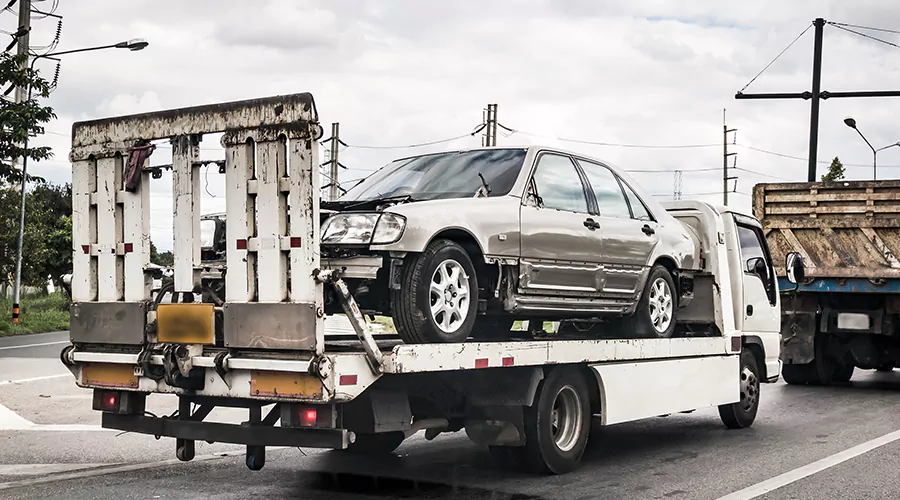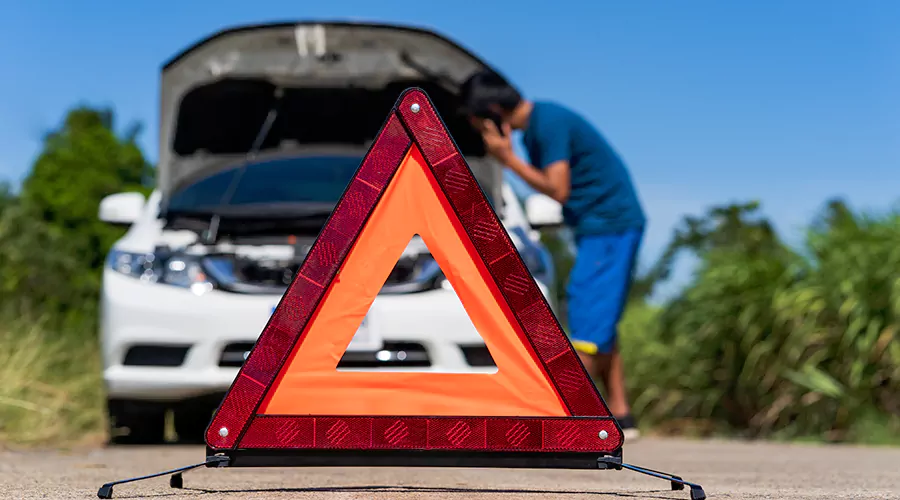1. The Ultimate Guide to Choosing the Right Tow Truck for Your Business
Choosing the right tow truck is essential for any towing business. Whether you’re establishing a new towing company or upgrading your current fleet, understanding the different types of tow trucks and their applications will help you make an informed decision. This guide covers the various types of tow trucks, their benefits, and what to consider when making your choice.

Types of Tow Trucks
1. Flatbed Tow Trucks
Flatbed tow trucks are often considered the safest method for transporting vehicles. They feature a horizontal bed that can be tilted to load vehicles. This method is particularly useful for transporting non-drivable vehicles, luxury cars, and for long-distance tows.
-
Advantages: Reduces the risk of damage, suitable for vehicles that cannot be driven, ideal for transporting high-value or custom cars.
-
Disadvantages: Generally, more expensive and requires more space to operate.
2. Wheel-Lift Tow Trucks
Wheel-lift tow trucks use a hydraulic system to lift the vehicle by its wheels. They are versatile and can handle a variety of vehicles, making them a popular choice for many towing companies.
-
Advantages: Cost-effective, quick to use, suitable for short-distance tows.
-
Disadvantages: May cause more wear on vehicles compared to flatbeds, less effective for damaged vehicles.

3. Hook and Chain Tow Trucks
Hook and chain tow trucks, which are less common today, use a hook and chain mechanism to lift and tow vehicles by their axles. While effective in certain scenarios, they can potentially cause damage to the vehicle.
-
Advantages: Useful for repossessions or specific towing needs.
-
Disadvantages: Risk of damage to the vehicle, less popular due to modern alternatives.
4. Integrated Tow Trucks
Integrated tow trucks combine features from flatbed and wheel-lift models. They offer flexibility and can handle a wide range of towing scenarios.
-
Advantages: Versatile, capable of handling various types of vehicles and loads.
-
Disadvantages: More complex and potentially more expensive.
-
Capacity and Size: Ensure the tow truck you choose can handle the maximum weight and size of the vehicles you plan to tow. Check the truck's specifications and compare them with your requirements.
-
Fuel Efficiency: Consider the fuel consumption of the tow truck. Fuel-efficient models can help reduce operational costs, especially if you plan to cover long distances regularly.
-
Features and Accessories: Look for additional features that enhance safety and operational efficiency. This includes winches, lighting, and hydraulic systems that can make your towing tasks easier.
.webp)
Making Your Decision
When choosing a tow truck, it’s crucial to assess your business needs, budget, and the types of vehicles you will be towing. Consulting with industry experts and current tow truck owners can provide valuable insights. Additionally, consider test-driving different models to see which best fits your requirements.


